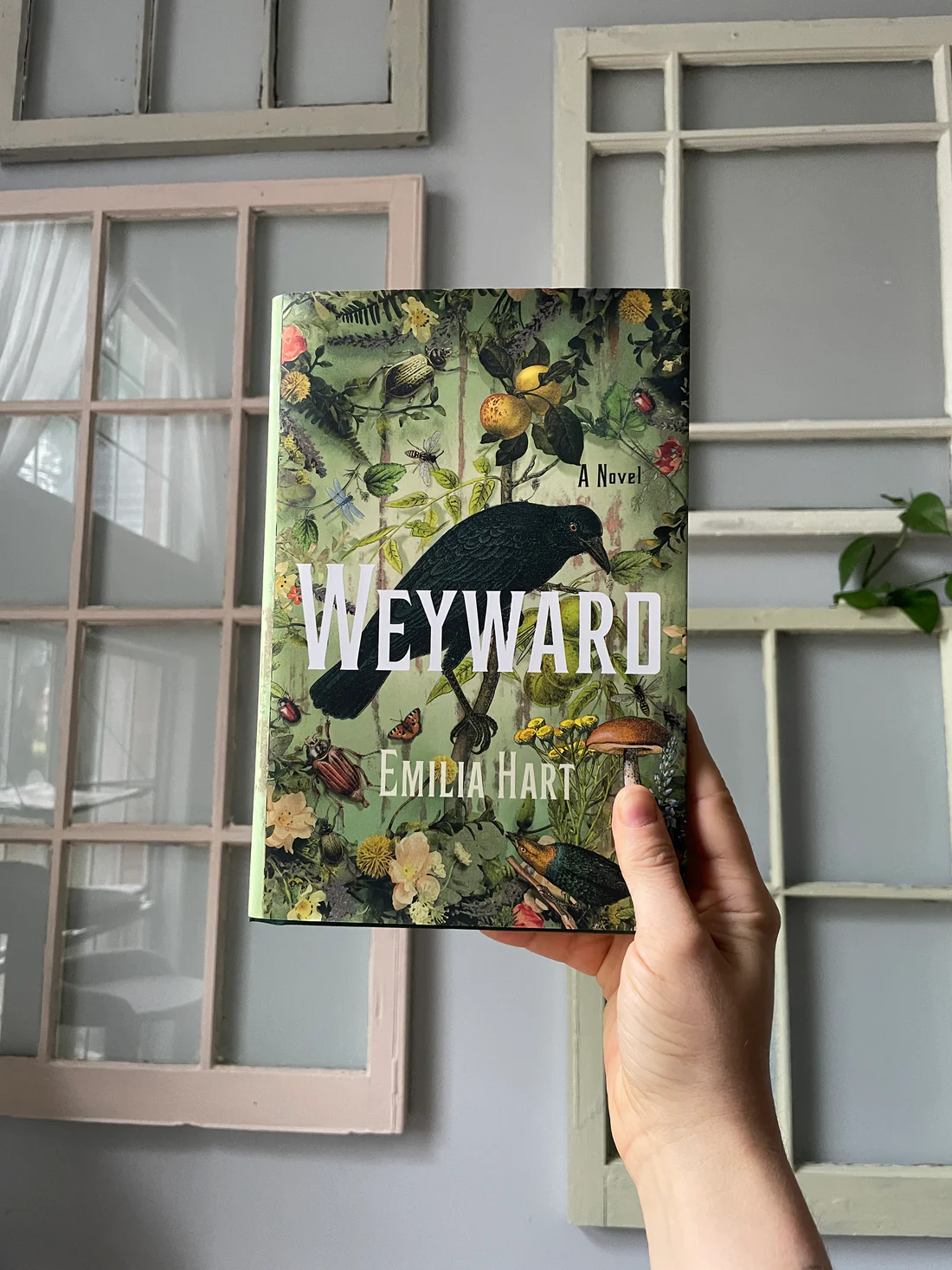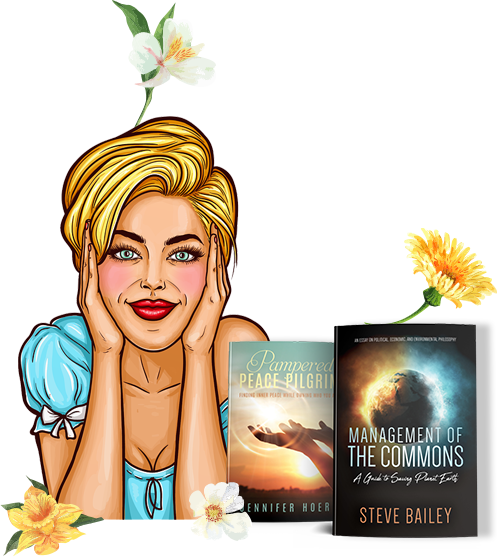
Weyward by Emilia Hart is a mesmerizing and atmospheric debut novel that intertwines themes of female empowerment, generational trauma, and the natural world. With its haunting narrative and evocative prose, Weyward explores the lives of three women, connected by the thread of witchcraft and the powerful forces that shape their destinies. Set across different time periods and locations, the novel navigates through personal struggles, forbidden knowledge, and the healing power of nature, creating a compelling story of survival and self-discovery.
Table of Contents
TogglePlot Overview
The story of Weyward spans three generations of women, each of whom is linked by their connection to witchcraft and a deep bond with nature. The novel alternates between the lives of these three women: Kate, a young woman living in contemporary England; her great-grandmother, who is accused of witchcraft in 17th-century England; and her ancestor, a woman living in the wilds of the 16th century.
In the present day, Kate runs from an abusive relationship and finds herself living in a remote cottage, where she unravels the story of her family’s past. As she discovers more about the women in her lineage, including the witch trials that affected them, she begins to understand her own latent powers and the strength inherited through generations of women who fought for survival in a patriarchal world.
The historical timelines add layers of tension, particularly as we learn about Kate’s great-grandmother, who faces persecution as a suspected witch in an era when women were silenced, abused, and hunted for their knowledge of herbal remedies and natural healing. The novel uncovers the lives of these women as they struggle with societal expectations, their own identities, and the oppression they face as they attempt to maintain their connection to nature and their wisdom.
Themes and Symbolism
At its heart, Weyward is a novel about the power of women, especially when faced with adversity. The women in the story are not passive victims, but resilient individuals who fight for their survival in oppressive systems. Witchcraft in the novel is both literal and symbolic: a representation of the women’s connection to nature, to themselves, and to a power that transcends societal limitations. The witch trials, in particular, emphasize the danger and fear that women with knowledge, independence, and strength face in patriarchal societies.
Another central theme in the book is generational trauma. The novel explores how the pain and survival strategies of one generation of women affect the next. It reveals the long-lasting consequences of abuse, trauma, and silencing, but also the hope and strength passed down through the generations. The women in the story learn to embrace their power, both natural and inherited, as a means of healing and reclaiming their agency.
The natural world also plays a significant role in Weyward, acting as both a refuge and a force of empowerment for the characters. The environment reflects the internal struggles of the women, with the wilderness serving as a place for introspection, personal growth, and, ultimately, liberation. The symbolism of the land, the plants, and the animals offers a deep, almost magical connection to the earth that aligns with the novel’s exploration of witchcraft and ancestral knowledge.
Character Development
The strength of Weyward lies in its rich character development. Each of the three women—Kate, her great-grandmother, and her ancestor—are well-drawn and complex, with their own distinct voices, struggles, and growth arcs. Kate’s journey from a broken, abused woman to someone who reclaims her identity and embraces her ancestral power is moving and empowering. The historical women are equally compelling, each battling the societal constraints of their time and struggling to understand and control their own power in the face of persecution.
The contrast between the contemporary and historical perspectives creates a deep sense of connection across time, as we see how the challenges faced by women in the past continue to echo through the generations. The character of Kate, in particular, serves as a link between the past and present, representing both the trauma inherited from previous generations and the possibility of healing and self-empowerment.
Writing Style and Pacing
Emilia Hart’s writing is lyrical and atmospheric, capturing both the emotional depth of her characters and the haunting beauty of the natural world. The novel’s pacing is steady, with the alternating timelines adding intrigue and suspense. The historical elements are rich in detail, providing a vivid portrait of the witch trials and the hardships women faced during those times, while the contemporary story offers a sense of urgency and personal growth. The novel’s tone is somber but hopeful, with an undercurrent of magic and mystery that keeps readers engaged.
Strengths and Weaknesses
The greatest strength of Weyward is its ability to blend historical fiction with contemporary narrative while exploring deep themes of identity, empowerment, and generational trauma. The connections between the three women and their shared struggle against societal oppression are powerful and poignant, making this a deeply emotional and thought-provoking read. The strong characterization and evocative writing also contribute to the novel’s emotional resonance.
However, some readers may find the pacing a bit slow at times, particularly in the middle sections of the book. The detailed exploration of the characters’ inner lives and the slow reveal of the plot may not appeal to those who prefer a faster, more plot-driven story. Additionally, the novel’s emphasis on symbolism and its reliance on the themes of witchcraft and nature may not resonate with every reader.
Conclusion
Weyward by Emilia Hart is a beautifully written and thought-provoking novel that explores themes of female strength, generational trauma, and the power of nature. The three intertwined stories of women across different time periods offer a poignant meditation on identity, resilience, and the ways in which the past shapes the present. With its atmospheric writing, complex characters, and deep emotional depth, Weyward is a compelling read for anyone interested in historical fiction with a touch of magic and feminist themes.
Rating: 4.5/5
A haunting, lyrical debut that combines rich historical detail with a powerful exploration of female empowerment and ancestral knowledge, Weyward is an unforgettable read that will leave readers reflecting on its themes long after finishing the book.





